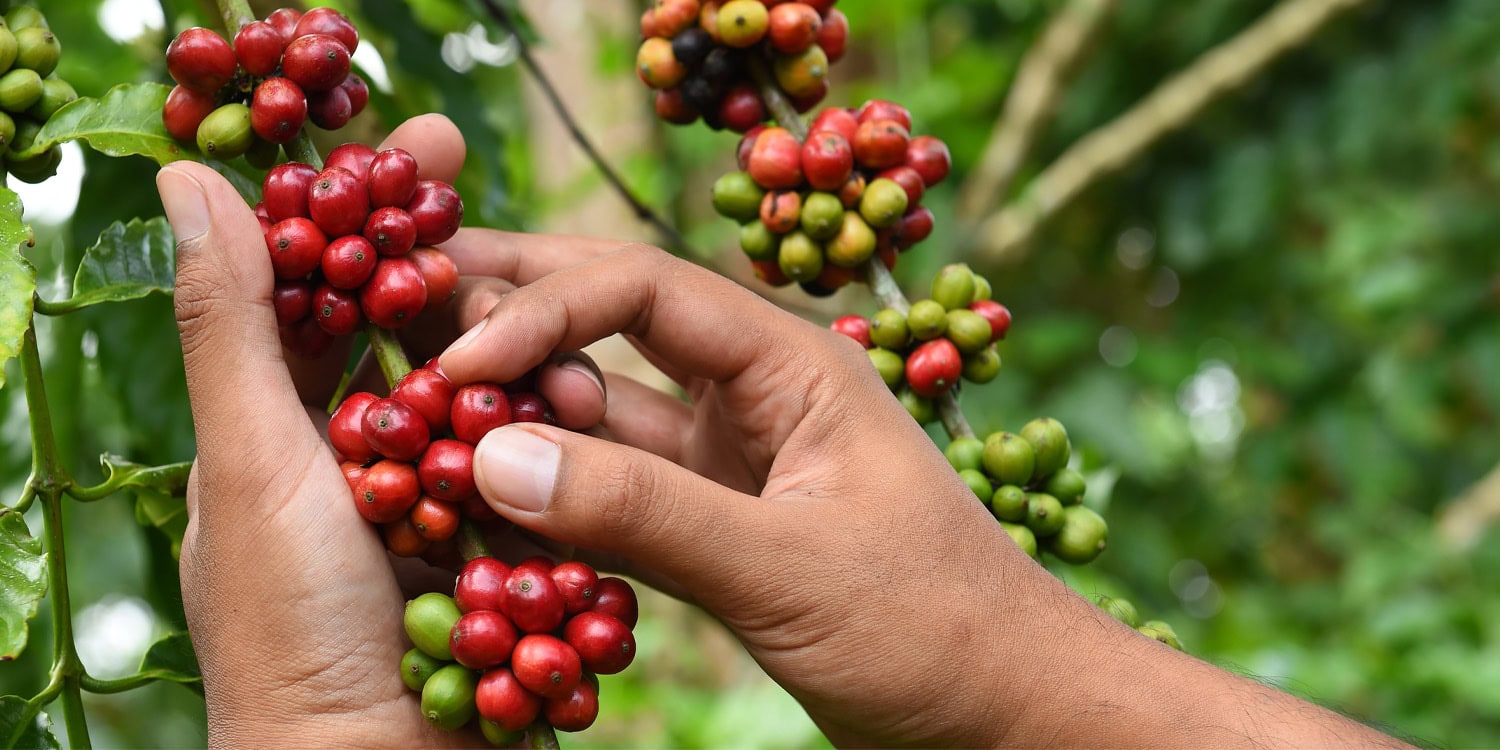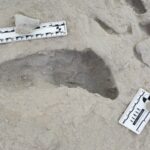A recent placebo-controlled study on middle-aged adults found that taking a single capsule containing 200 mg of decaffeinated whole coffee cherry extract improves performance in two types of cognitive tasks: working memory and response inhibition. Long-term results indicate that these supplements also improve accuracy in these tasks. The paper was published in Nutrients.
Whole coffee cherry refers to the entire fruit of the coffee plant, including the outer skin, pulp, and the coffee beans (seeds) inside. Traditionally, the beans are extracted, and the rest of the cherry is discarded or used as compost.
In recent years, however, the whole coffee cherry has gained popularity for its potential health benefits. It is rich in antioxidants, particularly chlorogenic acids, and contains natural caffeine, making it a popular ingredient in beverages, supplements, and functional foods. The pulp and skin also have a slightly sweet, fruity flavor, which is sometimes used to make cascara tea.
Study author Jennifer L. Robinson and her colleagues aimed to explore the acute and long-term effects of decaffeinated whole coffee cherry extract intake on cognitive performance. They used a proprietary powdered extract of whole coffee cherries from Coffea arabica, which is decaffeinated and contains high levels of coffee polyphenols.
The researchers hypothesized that a single 200 mg dose of coffee cherry extract would improve performance on working memory and inhibitory control tasks. Working memory is the ability to temporarily hold and manipulate information, such as remembering a phone number while dialing it or solving a math problem.
It is a key component of higher-level cognitive functioning, enabling reasoning, decision-making, and learning. Response inhibition is the capacity to suppress impulsive or automatic responses when they are inappropriate, such as stopping oneself from blurting out an answer or resisting a distraction. This skill is critical for self-regulation and goal-directed behavior.
The study involved 323 adults between 40 and 65 years of age, with no known psychiatric or neurological conditions, who were generally healthy. Participants were recruited through Qualtrics, and 202 of them were women.
The researchers randomly divided the participants into two groups. One group received 200 mg capsules of coffee cherry extract to take daily for 28 days upon waking. The other group received microcellulose capsules (placebo) with the same instructions. Participants did not know whether the capsules they were taking contained coffee cherry extract or microcellulose, and the researchers working directly with participants were also blinded to this information (the study was double-blind).
Every seven days during the study period, participants took a cognitive assessment one hour after consuming their assigned supplement. The assessment consisted of nine different cognitive tasks that broadly tested working memory, focus, attention, accuracy, and response inhibition. However, this paper only reported results for working memory and response inhibition.
At the start of the study, the group taking coffee cherry extract already demonstrated better cognitive performance than the control group (the group taking microcellulose). Despite this initial advantage, the coffee cherry extract group showed greater improvements on cognitive tests after taking the supplement.
One hour after consuming a single 200 mg dose of coffee cherry extract, this group demonstrated significantly stronger performance on the working memory test compared to the placebo group. Specifically, the number of omissions on one type of working memory test (n-back) decreased by 81% in the coffee cherry extract group, compared to an 11% decrease in the placebo group. The number of correct answers on the same test increased by 25% in the coffee cherry extract group, compared to a 5% increase in the placebo group.
Similarly, the group taking coffee cherry extract showed improved accuracy and fewer omissions one hour after taking the supplement on response inhibition tasks (Go/No-go tasks) compared to the placebo group. Over the long term, the coffee cherry extract group outperformed the placebo group in measures of accuracy on cognitive tasks.
“We feel that these data serve to enrich the growing body of evidence that CCE [whole coffee cherry extract] may support and potentially enhance brain health and function in older adults. Given the burgeoning global interest in brain health supplementation, it is critical that more robust research efforts are devoted toward characterizing the nature and efficacy of these supplements,” the study authors concluded.
The study sheds light on the effects whole coffee cherry extract supplements have on cognitive performance, both acutely, and after a month of intake. However, it should be noted that the study was sponsored and supported by the company producing the coffee cherry extract supplement used in the research. The sponsor declared providing minor proofreading comments on the final draft of the paper.
The paper, “Whole Coffee Cherry Extract Improves Working Memory and Response Inhibition: Acute and Longitudinal Results from a Remote, Randomized, Double-Blind, Placebo-Controlled Clinical Trial,” was authored by Jennifer L. Robinson, John M. Hunter, Megan Kern, Merlina Rodas, Jasmine Jowers, Jenna Robertson, and Caitlyn Wanalista.




